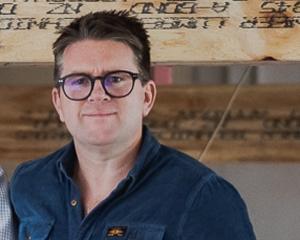Helicopter pilot Peter Garden, of Wanaka, hopes that early next year he can place another red dot on his map of the world.
Each dot represents an island population of rats or mice he has had a hand in wiping out.
His total now is 26.
Most of the dots cover islands in the Pacific Ocean and around New Zealand, including Mr Garden's first, Campbell Island, cleared of rats in 2001.
Mr Garden's next project is a return visit to the remote South Atlantic island of South Georgia, five days by ship from the Falkland Islands.
He leaves in February as a member of 26-strong "team rat 2013" who will camp in tents on the glacier-covered island for up to four months through the autumn and into the winter.
Mr Garden is flight operations manager, leading a team of four helicopter pilots who will drop bait laced with the anticoagulant poison brodifacoum.
Most of the work involves eradicating rats, except in one small area infested with mice.
Mice, he says, are more difficult to completely eradicate than rats because they have a smaller home range requiring a more even, and exacting, distribution of poisoned bait.
South Georgia, which has 29 bird species, has already been partly cleared of rats and at 80,000ha will be the biggest island to have been cleared of rodents.
The island is a British overseas territory and the project is being run by the South Georgia Heritage Trust.
Beyond South Georgia, Mr Garden is looking forward to tackling another British overseas territory in the South Atlantic, Gough Island, where giant mice up to 25cm from their noses to the tips of their tails, eat more than a million seabird chicks every year.












